How does salty air impact your HVAC equipment?

Salt air can cause significant damage to HVAC coils in coastal areas due to the high levels of salt in the air. The salt in the air reacts with the metal components of HVAC coils, leading to corrosion, leaks, and a shorter lifespan. Different types of coil materials are affected differently by salt air, making it crucial for building owners and facility managers to understand the effects of salt air on HVAC coils and choose the right coils for their HVAC system.
SBS-NC, LLC is a commercial HVAC contractor that provides HVAC solutions and services, including coil replacement and installation. They can help building owners and facility managers choose and install the correct coils for their HVAC system to resist the effects of salt air. SBS-NC, LLC can assess the HVAC system and provide recommendations for the best coil materials, coatings, and designs to resist salt air corrosion.
Copper coils are highly susceptible to corrosion from salt air, which can cause pitting and leaks. Aluminum coils, on the other hand, are more resistant to salt air due to their ability to form a protective oxide layer when exposed to air. According to SBS-NC, LLC, aluminum coils are becoming increasingly popular in coastal areas due to their resistance to salt air corrosion.
However, not all aluminum coils are created equal. Hydrophilic aluminum coils are more resistant to salt air than traditional aluminum coils due to their increased surface area and hydrophilic coating that repels water and salt. According to SBS-NC, LLC, hydrophilic aluminum coils are a good choice for coastal areas where salt air is prevalent.
Stainless steel coils are highly durable and corrosion-resistant, making them an excellent choice for coastal areas. According to SBS-NC, LLC, stainless steel coils can withstand exposure to salt air without deteriorating. However, stainless steel coils can be more expensive than other coil materials, making them less common in HVAC systems.
In addition to the coil material, the design and construction of the HVAC system can also impact the coils' resistance to salt air corrosion. HVAC systems with protective coatings or epoxy paint can be more resistant to salt air corrosion than systems without these protections. Proper maintenance, such as regular cleaning and inspection, can also help prevent corrosion and extend the lifespan of the coils.
In conclusion, salt air can cause significant damage to HVAC coils in coastal areas, leading to corrosion, leaks, and a shorter lifespan. Different types of coil materials are affected differently by salt air, making it important for building owners and facility managers to choose the right coils for their HVAC system. SBS-NC, LLC can provide recommendations and installation services to help resist the effects of salt air corrosion and extend the lifespan of HVAC coils. Call us today!
SBS-NC, LLC is a highly experienced commercial HVAC contractor operating in North Carolina and the Southeast. With over 30 years of experience in the industry, SBS-NC, LLC offers comprehensive HVAC solutions for businesses of all sizes. They specialize in designing, installing, and maintaining HVAC systems that are tailored to meet the specific needs of their clients. Their team of licensed and certified technicians is committed to delivering high-quality services that exceed client expectations. From HVAC coil replacement and installation to energy-efficient upgrades and preventive maintenance, SBS-NC, LLC offers a wide range of services to keep commercial HVAC systems running smoothly. Their expertise in salt air corrosion and coastal HVAC systems makes them a go-to contractor for businesses in coastal areas. SBS-NC, LLC is dedicated to providing top-quality services and building long-term relationships with their clients. Check out our Charlotte, Greensboro, High Point, NC Winston-Salem service areas!
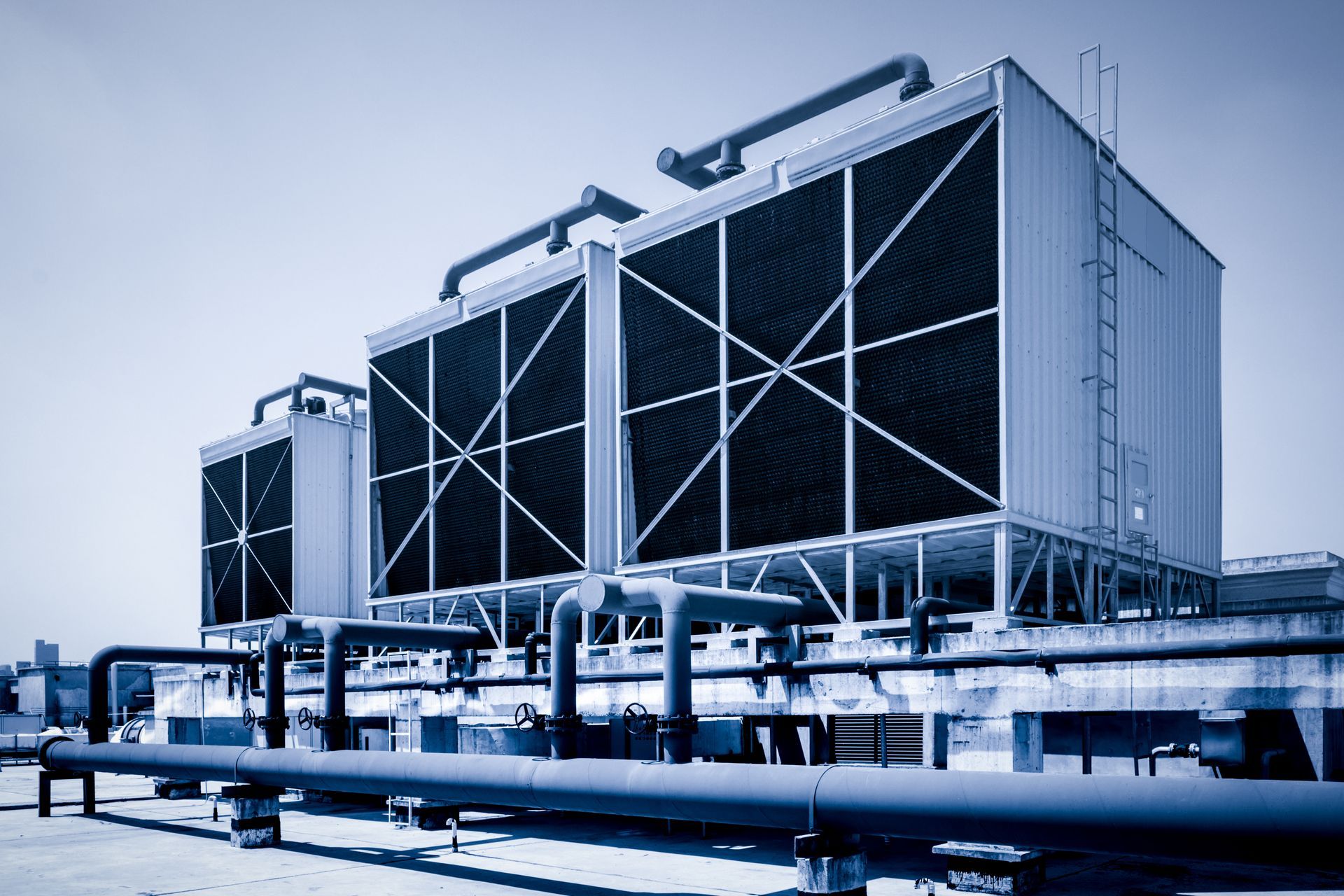
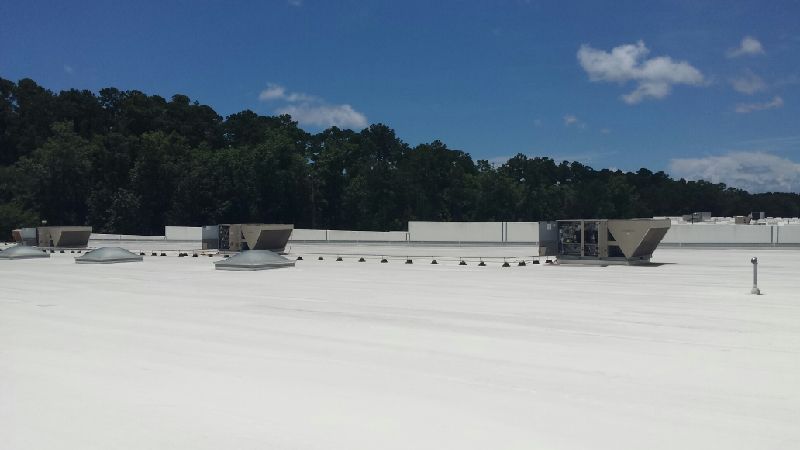
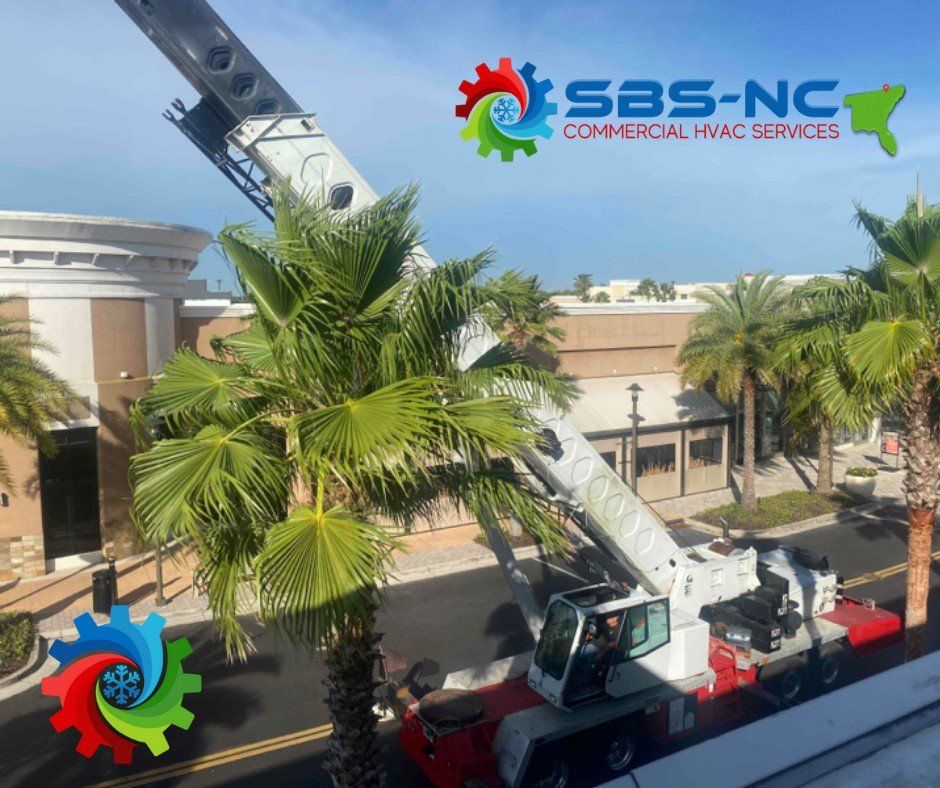
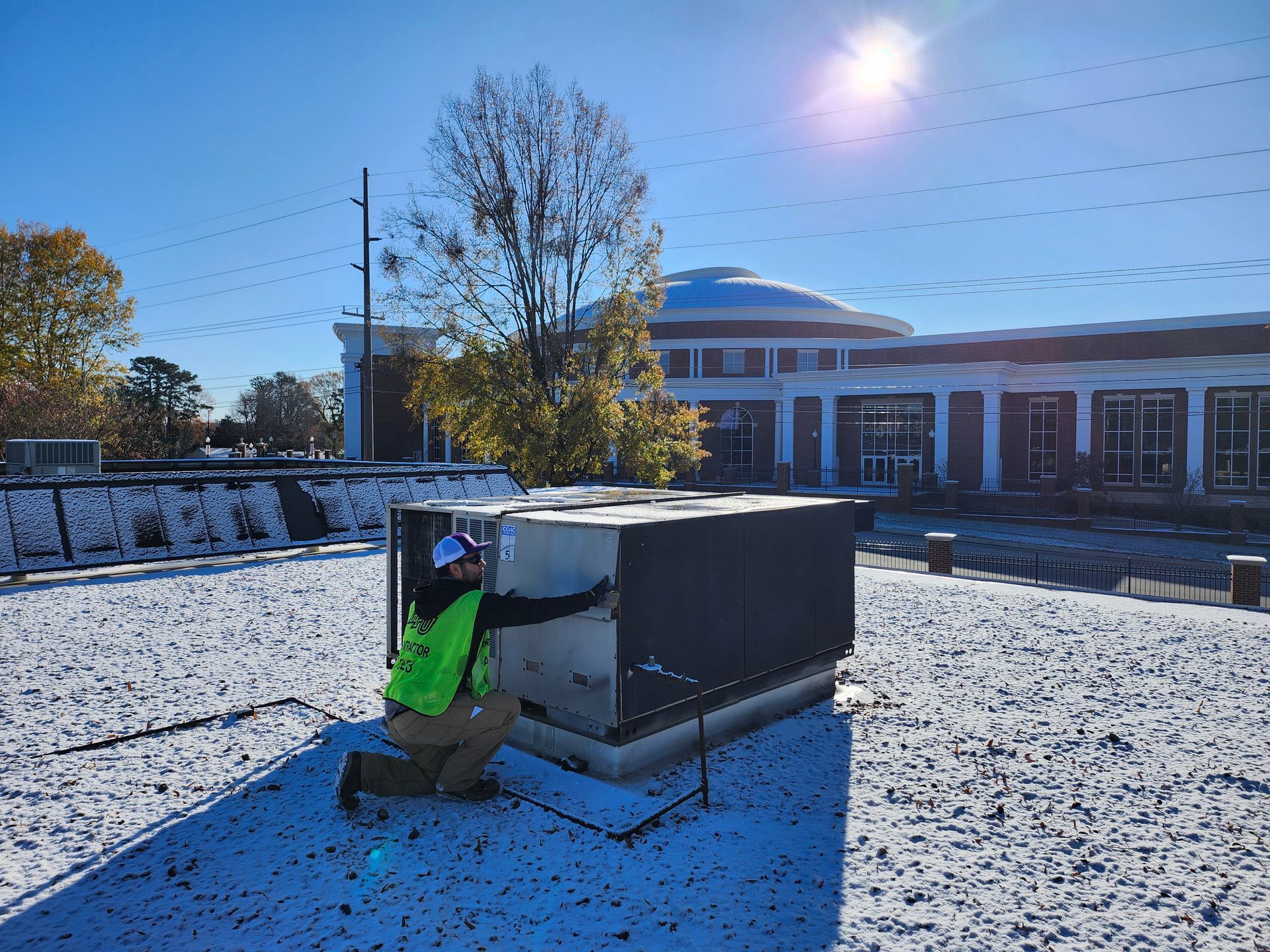

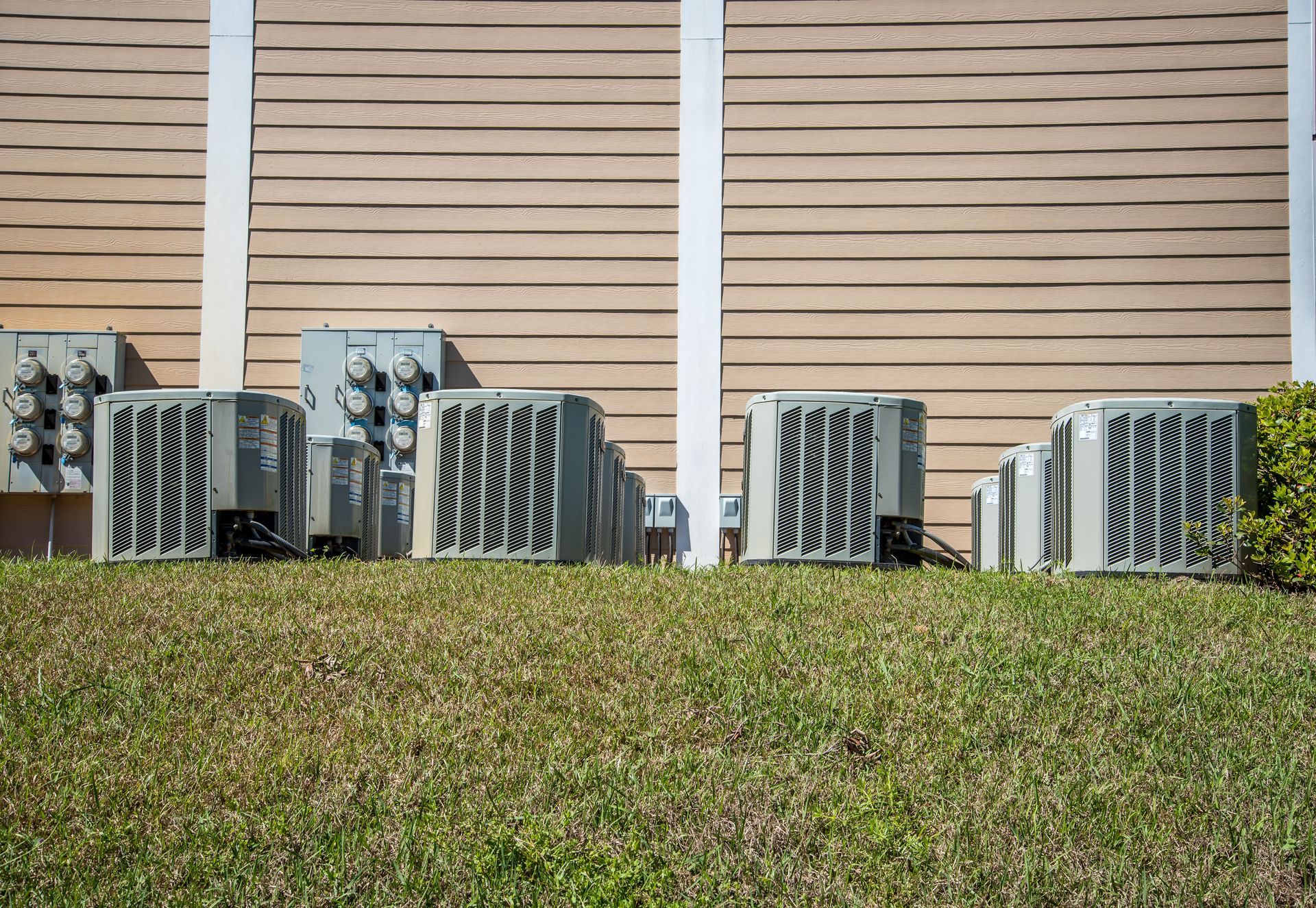
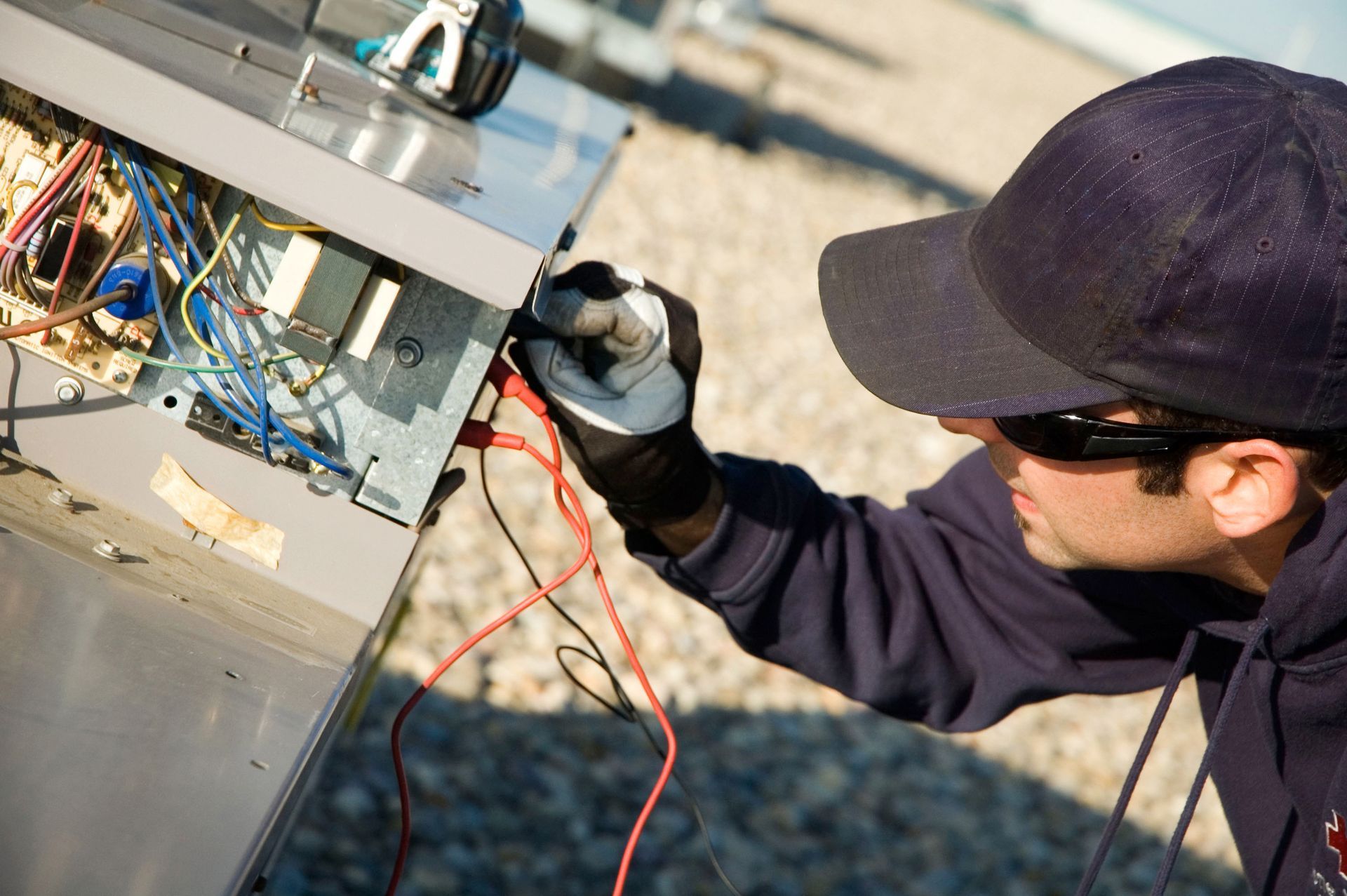
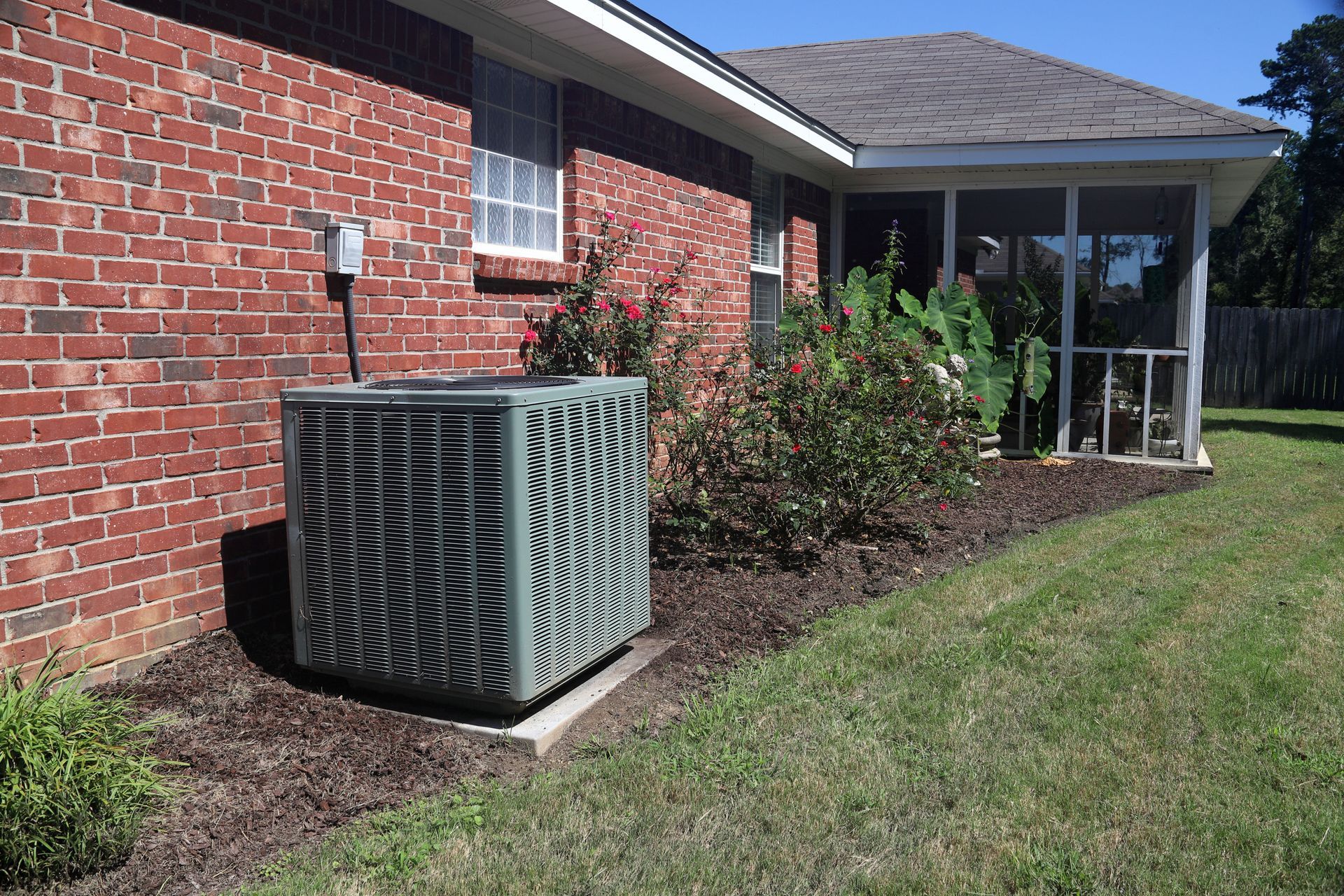
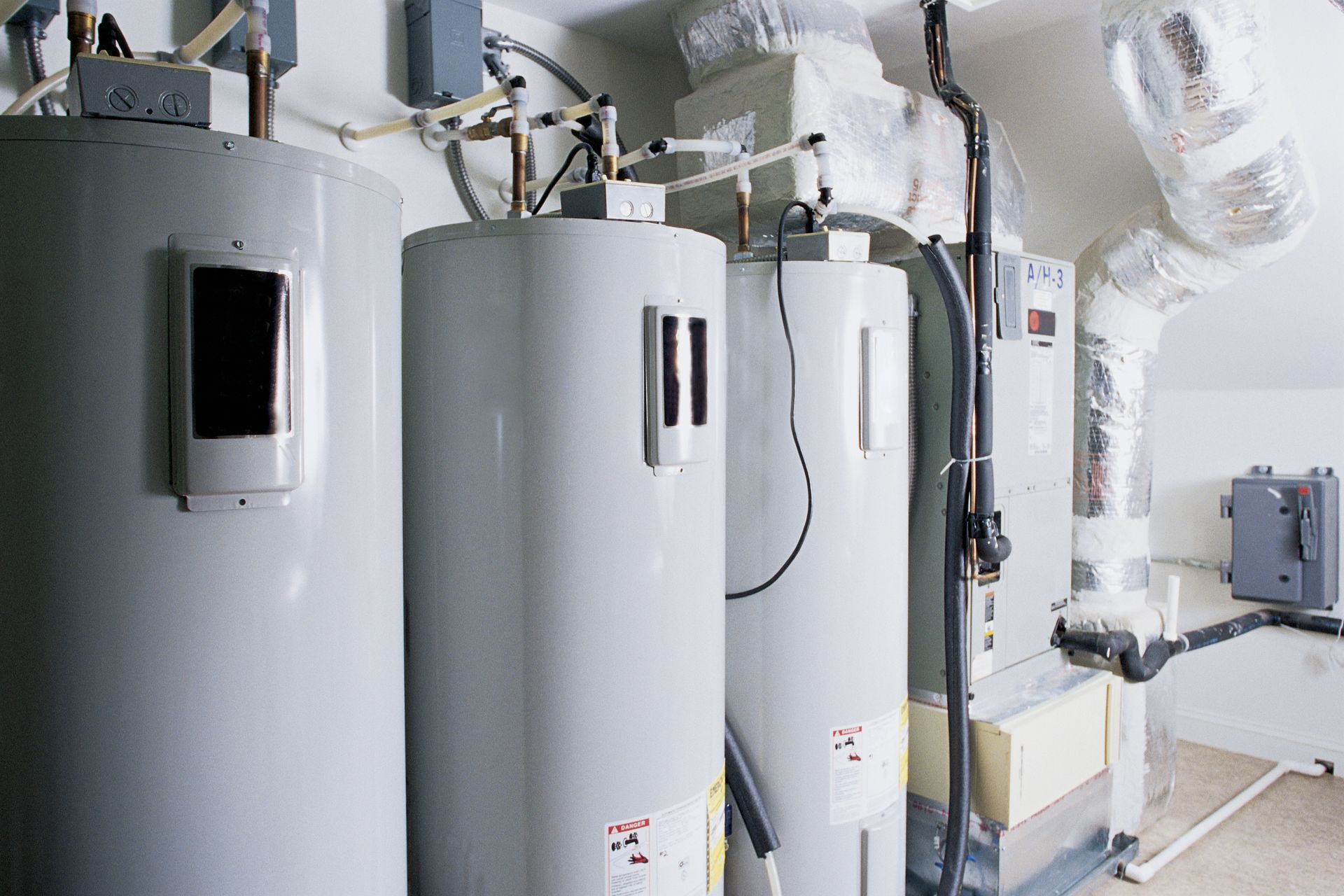
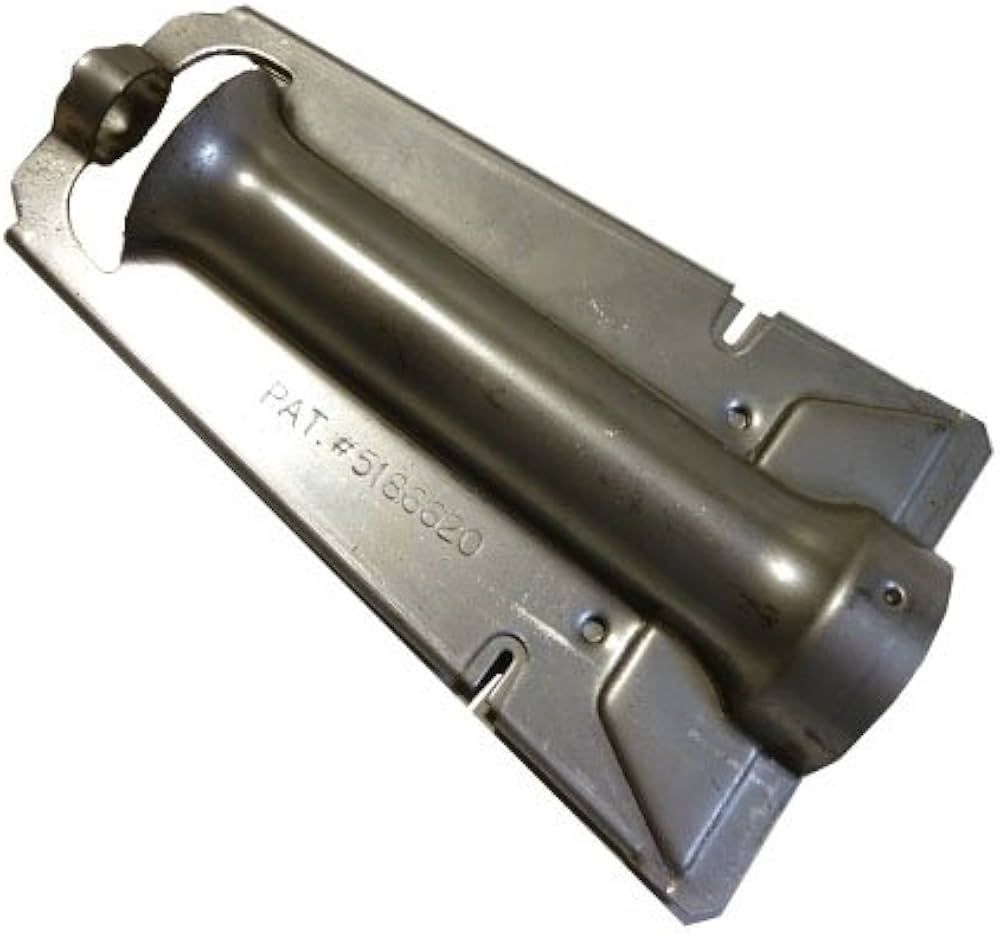
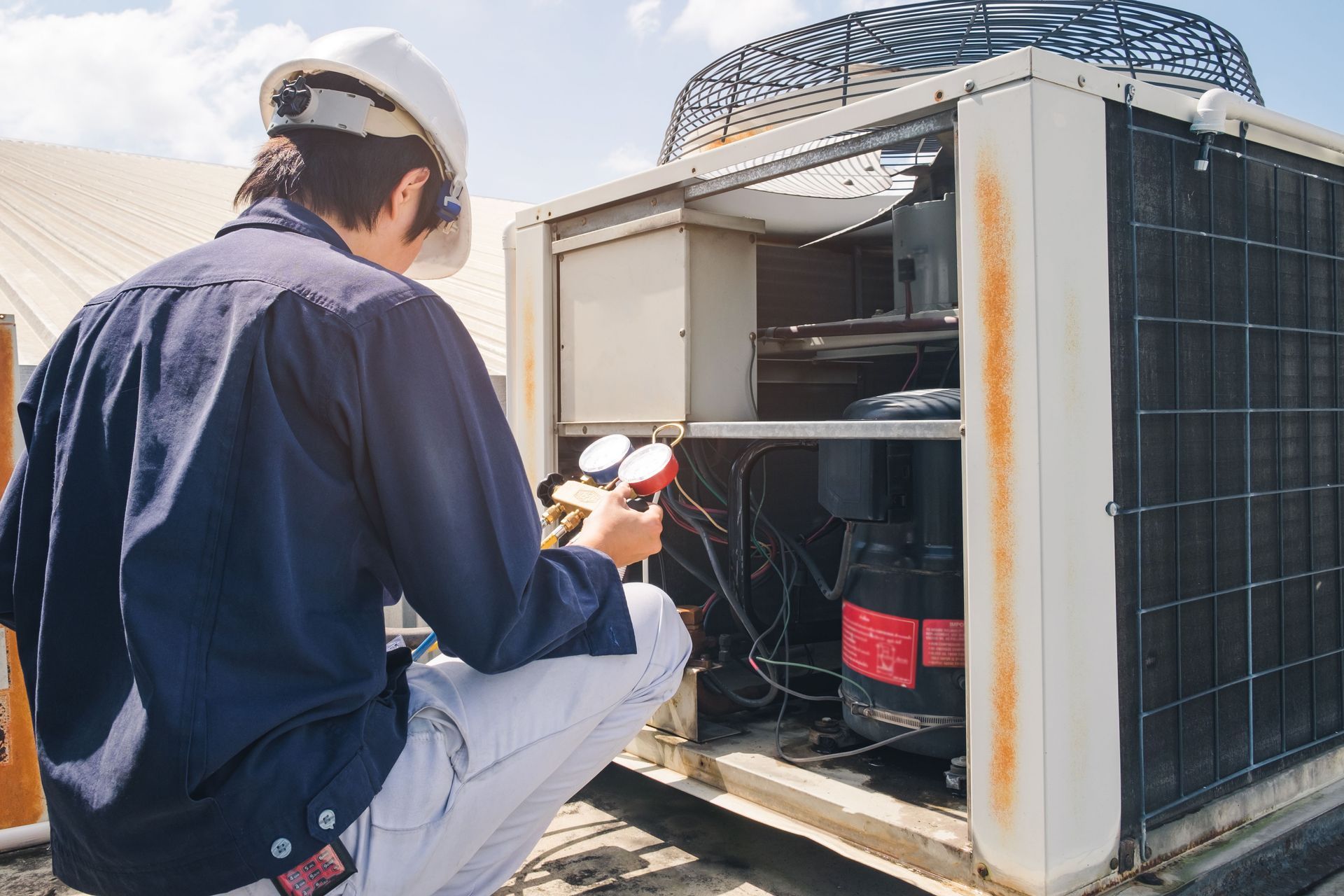
Share On: